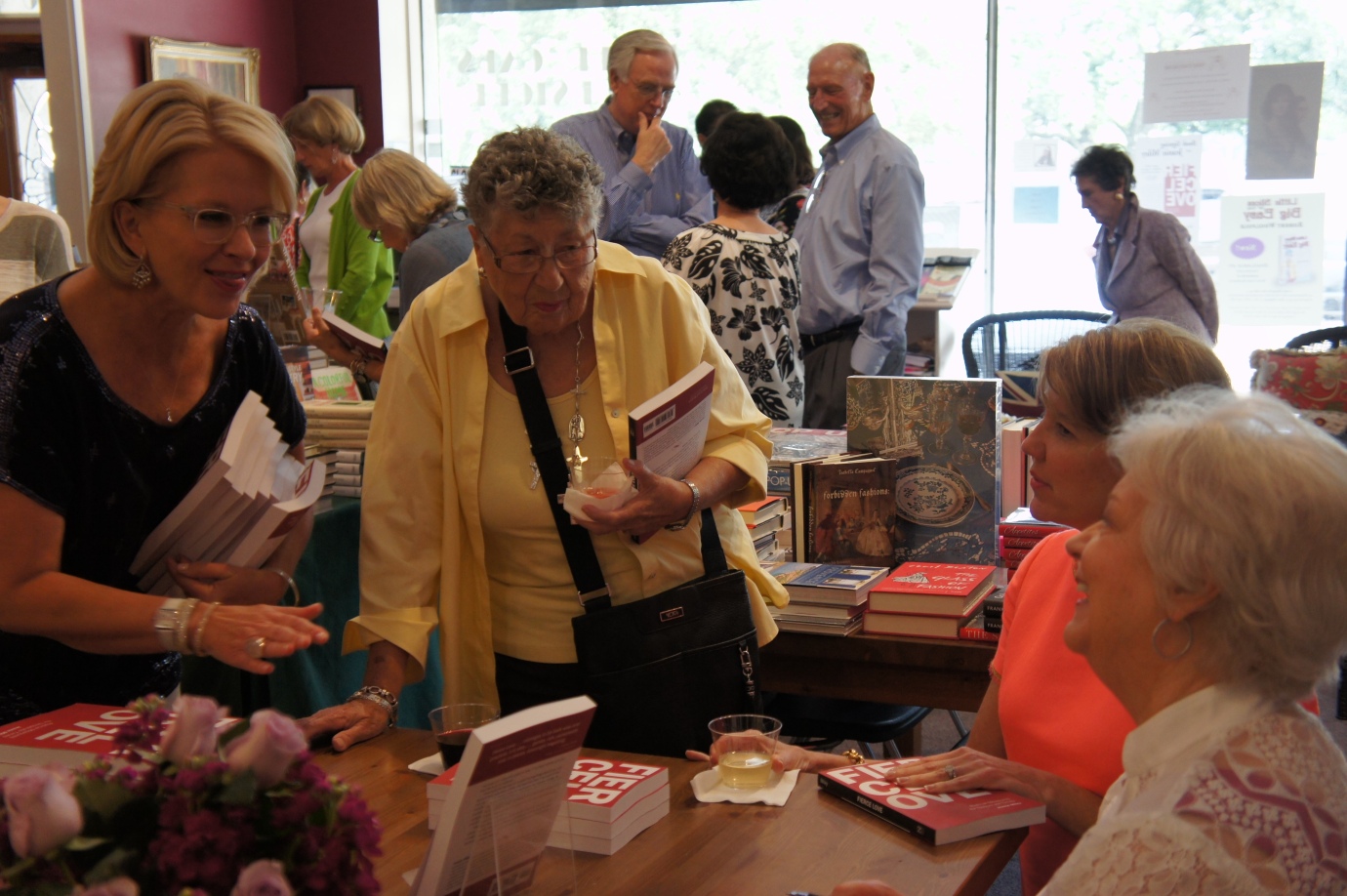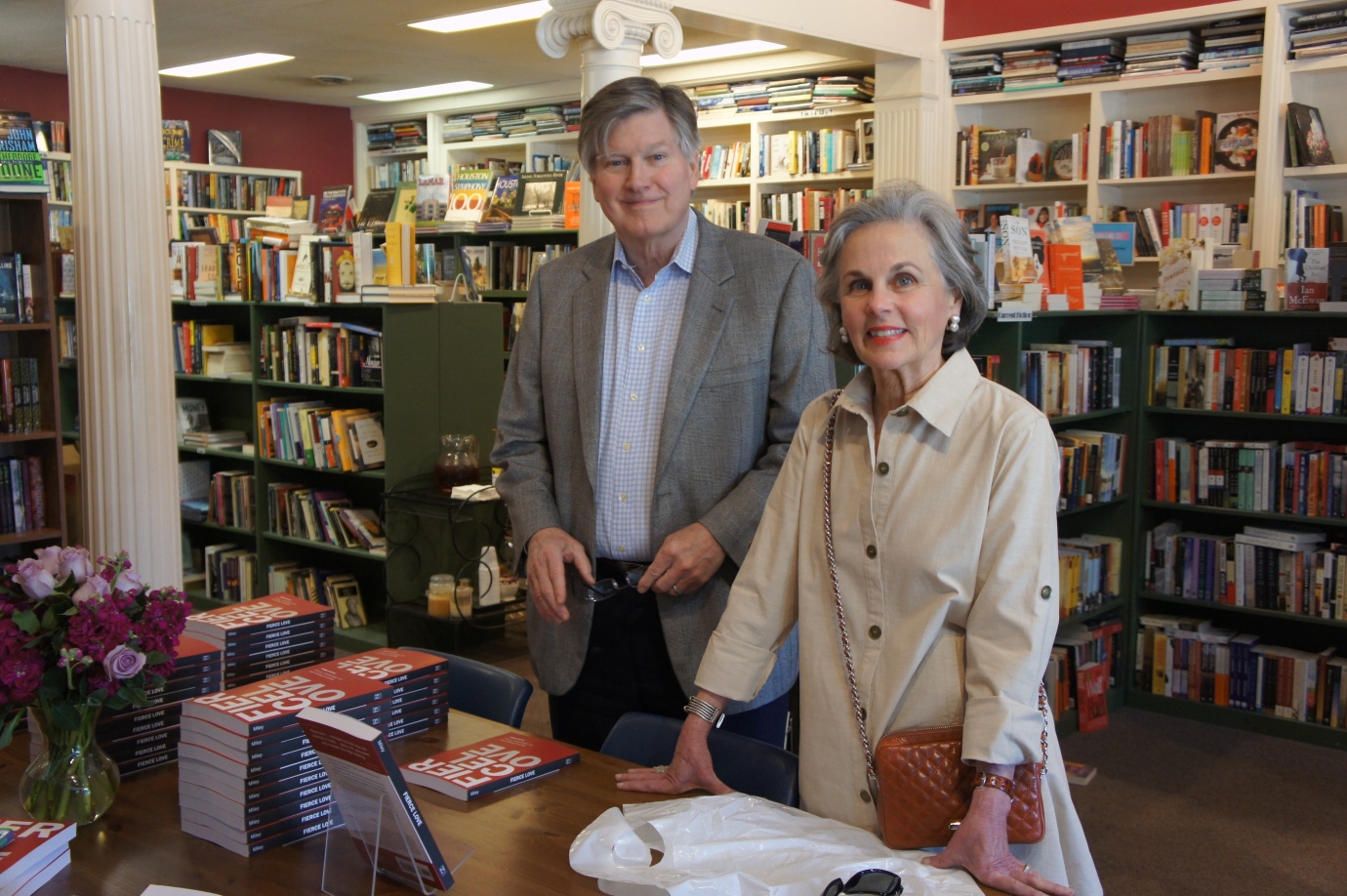We made a decision to turn our wills and our lives over to the care of
God as we understood him.
God — as we understood him? Right.
This is the part of this program that gives me pause because I have learned that it is often one’s understanding of God that is at the core of the problem, whichever problem you might have.
Sometimes, God-as-I-understand him can keep me locked up in my old patterns, doing the same self-defeating things over and over again.
Figuring out just who God is to me and how I understand God may be one of the most important pieces of this program of recovery.
That’s why the term “not-God” is so important.
Frankly, a lot of things I’ve used as God are not-God — like power and success, family and religion, education and money.
A friend told a story about a woman who could not stop drinking. One day, on a trip to a far-away city, she headed to the bar in her hotel. As she sat there drinking, she twirled the bottle in her hand and saw her reflection in the bottle. “This isn’t a big enough god for someone like me,” she said, as she put the bottle down, left the bar and got into a Twelve Step group.
There are other gods we worship and adore and use to distract us, numb us, take us away from our lives or our problems: shopping, gambling, sex, persons, food, work, drugs, TV, extreme sports, danger.
I have been haunted all of my life by the title of J. B. Phillips’ classic book, Your God is too Small.
What God other than a God of love is not too small?
* * * * *
Time was, when I was a child, when I assumed that when someone used the word God, we were all talking about the same thing/person/being. After all, ‘way back then, somebody different for me was a Methodist.
That time I am remembering is ‘way back when I didn’t understand that one’s mental picture of who God was might be different from her emotional understanding/experience/feeling about God.
That time was before I understood that a child’s God-concept was formed, based on the child’s earliest experience with his or her first caregiver and first authority figures. In other words, we form our God-concepts when we are from earliest infancy. Some people believe that that image of who we believe God to be begins in the womb.
Some powerful quotes collected over a lifetime have shaped my evolving understanding of who God is and how I relate to this being I can never fully grasp.*
I could not believe in a God I could define.
All we can talk about is our image of God.
The only thing you need to know about God is that….you ain’t he.
I call God that which flings itself violently across my path, for the good or for the ill.
I’ve explored the importance of the God-concept a person holds in his conscious and unconscious in various ones of my books because I believe it is the most important concept we have. Right behind it, but barely, is the self-concept, and I believe that whatever you believe about God shapes how you experience your own self in the world.
Some people image God as judge and jury, the county sheriff or the taskmaster with a whip. Others see God as a benevolent, but fairly impotent Santa Claus or an indulging parent. Others see God as “the man upstairs” indicating a distant being whom they call on when they need a helping hand, and others see God as The Boss, and one who is impossible to please.
“You need to fire that god!” I have said to persons in spiritual direction. “That god-image you hold is not only not helping you, but is hurting you.”
I admit that that is a shocking things to say to someone, but when someone is stuck in a self-punishing mode and unable to believe in a God of love and grace and mercy, sometimes a little shock to the system is in order.
I’ve also learned that “God as I understand him” can be the concept that keeps me in my self-defeating patterns. I may drift into my codependency out of uncasing and unrelenting self-imposed guilt or shame, feelings of inferiority or inadequacy or fear if I believe in a God who is never satisfied with me, always critical of me and ready to abandon me at the first flicker of a mistake.
Persons do that, I’ve learned, but God as I’ve come to understand God is always as near as my breath as the empowering and liberating Spirit of unconditional love, forgiveness and patience.
If God as I understand him is an indulging mother or father who sort of chuckles at my foibles, I may never grow up out of my childish narcissism to admit that whatever I do has consequences and results and that I can’t get by with my self-indulgent ways without reaping the exact harvest I have sown. I’m not ever so special that I can thumb my nose at the natural laws that govern the universe.
Every one of us finally gets to the destination of the train we’ve chosen to ride, but I am convinced that no matter how disastrous that ride might be, there is a loving, merciful God even there, waiting to embrace us and give us a new start.
* * * * *
I’ve spent decades thinking about who God is, and the more I think about God, the more mysterious and incomprehensible God is.
Long ago, I relinquished my image of God as a huge Abraham Lincoln figure, sitting on his enormous throne with the Book that contained all of my wrong-doings — the things I should have done that I did not do (we called those the sins of omission in my childhood) and the things I did that I should not have done. (Those were really terrible. I just knew that once God read all of that on Judgement Day, my mother would be the one most horrified!)
God is no more a fixed being, a Caucasion e male with a huge white beard floating around the heavenlies with his critical eye fixed on me than the wind is something you can see with your naked eye.
I no longer try to define God, but I take seriously the words I learned as a child in Sunday School. Whatever or whoever else God may be, I believe this to be the most eloquent and definitive things I can say about who God is.
God is love.
That understanding of God — God as unconditional love — is something you can stand on. And with everything in me, I believe that there is nothing I can do to make God love me any more than he/she loves me now, and there is nothing I can do to make God stop loving me.
God’s very nature is love. God cannot be God and God cannot not love.
The God of love is the God who can liberate us, heal us, transform us and empower us to live the sane and healthy, wild and precious lives we are created to live. That is a belief/image/concept of God that can get you sober and keep you sober, whether your addiction is to people-pleasing, a person, a substance or an activity.
* * * * *
Think about it. What is your image of who God is?
(This isn’t the place for the polished up Sunday School answer. It’s the place for the “in the dark of the night when it’s just me” answer.)
Who is God to you?
Who are you to God?
Those may be the most important questions you’ll ever answer.
And within your answer may lie the key to your willingness to surrender your will and your life.
Your answer may reveal the key to your sobriety.
This “God” we talk about so easily, so much, so flippantly and so casually — is mysterious and majestic, invisible and transcendent.
This God we talk about is holy and beyond human comprehension and words — and, yet, as near as your breath.
This God is pure, unending love.
Grace to you —
Jeanie
* In order, those quotes can be attributed to Nietzsche, Pittman McGehee, a poster in my dorm room long ago, and Carl Jung.



